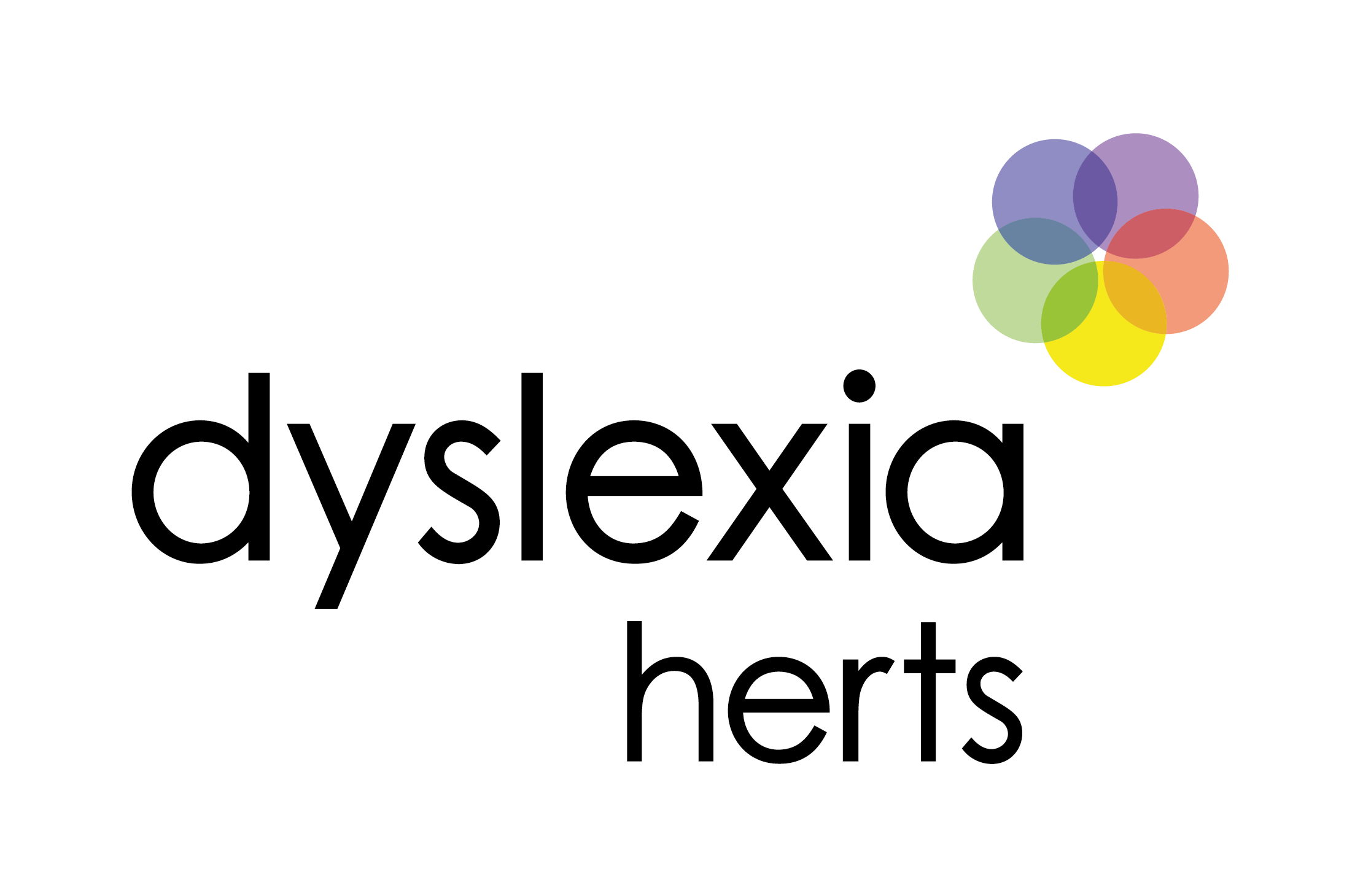
How do I arrange a dyslexia assessment for my child and what do I need to know?
Where to start?
Your child may have been screened for dyslexia at school or you may have noticed signs, and you want to find out more and understand ways you can help them. Perhaps there are people in your family who are Dyslexic, have ADHD or other specific learning differences and you notice some dyslexic traits in your child.
The way to confirm this would be to have a formal assessment to find out if they are dyslexic by a qualified professional.
So, how do I find the right person?
It’s important to be sure that the person is qualified to assess and in the UK there are two possible routes for assessment, an educational psychologist or specialist teacher/ assessor; both can diagnose dyslexia and can make recommendations about how your child can best be supported.
At Dyslexia Herts our team are all specialist teacher/assessors. Specialist assessors may be teachers, SENDCOs, speech and language therapists, occupational therapists or others working in the field of special educational needs and specific learning differences who have trained to become specialist teachers and studied at Master’s level to assess children, young people, and adults for dyslexia.
All our assessors have the Assessment Practising Certificate (APC) from the SpLD Assessment Standards Committee (SASC). Assessors have to renew their APC every three years and will submit an anonymised report and a log of their professional development and training to renew. This means they have current knowledge, and, as a parent, you can be confident that the report will be written to a very high standard.
A report written by an assessor with the APC will be accepted by schools, colleges, universities, or the workplace and so will go with your child as they get older. They won’t need to have an updated report in the future.
After the assessment you can have a feedback meeting with the assessor so you can ask questions and understand how you can help your child at home.
If you’d like to know more about our team of specialist assessors, check out our website
Preparing for an Assessment
- It is important to rule out any other difficulties that could affect your child’s learning. If you have concerns about their hearing, this should be checked. If they have had a history of ear infections or grommets being fitted, this can affect their ability to process sounds which impacts on literacy.
- Your child should have had a recent eye test (within the last two years is fine). This must always be done before any assessment. We will also ask you and your child some questions about their vision. If there are some signs of visual disturbance ( words looking blurry or out of focus or moving around) or visual discomfort ( eyes being sore when reading, reading print on white paper may be too harsh and glaring) we may recommend that you look into this first before the assessment. We need to be sure that their difficulties with reading aren’t due to visual difficulties. We will always give you honest advice and guidance about the best route to take for your child
- Make sure they have a good night’s sleep the day before the assessment!
Neurodiversity
Recent research into Dyslexia tells us that it very common for Dyslexia to overlap with other neurodivergent conditions such as Developmental Coordination Disorder (DCD), ADHD, Developmental Language Disorder (DLD), or Autism.
Our specialist assessors take a child-centred approach. We can’t assess children for these co-occurring difficulties but would signpost you to professionals you can contact to explore this. We will find out about your child from the information you share with us and will spend around three hours with them during the assessment. We will be observing them and may notice there are traits that could indicate a neurodivergent profile. In your feedback session, we’d explain this and give you advice about next steps.
Talking to your child
Talk positively about the assessment with your child. Check our website for more information and a leaflet you can download .
It is important for the assessment to be fun and a positive experience for your child, so we see them at their best. Here’s some recent feedback …
- ‘F had an absolutely lovely time at her assessment and said it was much more fun than school, so we are very grateful for that’.
- Dyslexia Herts has been a very helpful and positive experience for us. I’m so very grateful for all the help we have received.
If you’d like to know more, you can email us at enquiries@dyslexiaherts.co.uk or book a ten-minute chat with me!




